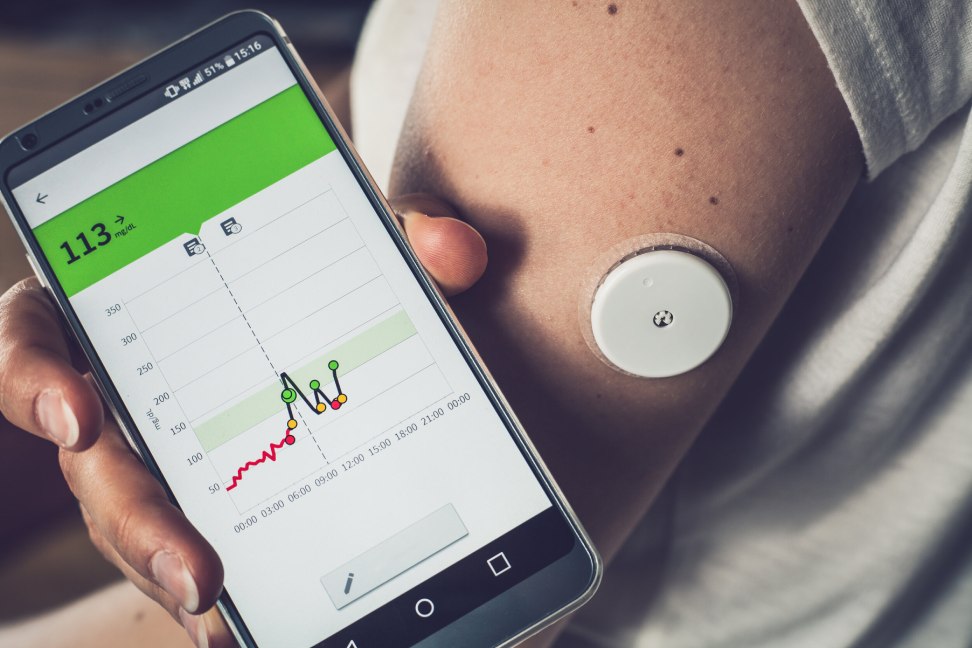Laser Book 247, Apbook, Gbets, Goldenexch99, Gold365: Wearable technology in healthcare has come a long way since its inception. Initially designed for simple tasks like tracking steps and calories, these devices now have the capability to monitor a wide range of vital signs such as heart rate, blood pressure, and even ECG. The evolution of these wearables has enabled individuals to take a more active role in managing their health and wellness in real-time, rather than relying solely on periodic visits to healthcare professionals.
Moreover, the integration of advanced sensors, machine learning algorithms, and data analytics has further enhanced the capabilities of wearable technology in healthcare. These devices can now provide personalized insights, early warnings for potential health issues, and even assist in the diagnosis and treatment of certain conditions. With continuous advancements in technology and growing consumer interest in health monitoring, the future of wearable technology in healthcare holds great promise for improving health outcomes and empowering individuals to make informed decisions about their well-being.
Advancements in Monitoring Vital Signs
In the realm of healthcare technology, monitoring vital signs has undergone significant advancements. From the traditional methods of measuring blood pressure and heart rate with basic devices to the innovative wearable technologies available today, the landscape has transformed drastically. These advancements allow for continuous and real-time monitoring of vital signs, empowering individuals to take proactive measures towards their health and well-being.
One of the key breakthroughs in monitoring vital signs is the integration of sensors and data analytics in wearable devices. These devices are designed to capture a wealth of valuable information, including heart rate variability, blood oxygen levels, and even stress levels. By leveraging these insights, individuals can gain a deeper understanding of their health status and make informed decisions to improve their overall health.
Integration of Artificial Intelligence in Health Tech Devices
Artificial Intelligence has been making significant strides in transforming health tech devices. Its integration has opened up new possibilities for enhanced data analysis and personalized patient care. By leveraging AI algorithms, these devices can process vast amounts of information quickly and accurately, providing healthcare professionals with valuable insights in real-time.
Moreover, the incorporation of AI in health tech devices has enabled predictive analytics, allowing for the early detection of potential health issues and proactive interventions. This proactive approach not only improves patient outcomes but also contributes to more efficient healthcare delivery. As AI continues to evolve and improve, we can expect even more sophisticated and innovative applications in health tech devices, revolutionizing the way we monitor and manage our health.
- � AI algorithms in health tech devices process information quickly and accurately
- � Provides healthcare professionals with real-time valuable insights
- � Enables predictive analytics for early detection of health issues
- � Proactive interventions improve patient outcomes and healthcare delivery
- � Expect more sophisticated applications as AI continues to evolve
How has wearable technology evolved in healthcare?
Wearable technology in healthcare has evolved to include devices that can monitor vital signs, track activity levels, and even provide personalized health insights.
What advancements have been made in monitoring vital signs?
Advances in monitoring vital signs include the ability to track heart rate, blood pressure, oxygen levels, and even detect irregular heart rhythms in real-time.
How is artificial intelligence being integrated into health tech devices?
Artificial intelligence is being integrated into health tech devices to analyze data, provide personalized recommendations, and improve the accuracy of health monitoring.
Can artificial intelligence help in early detection of health issues?
Yes, artificial intelligence can help in early detection of health issues by analyzing trends in data and alerting users to potential problems before they escalate.
Are there privacy concerns with the integration of artificial intelligence in health tech devices?
Privacy concerns may arise with the integration of artificial intelligence in health tech devices, but measures can be taken to ensure data security and user consent.
Must Read :

